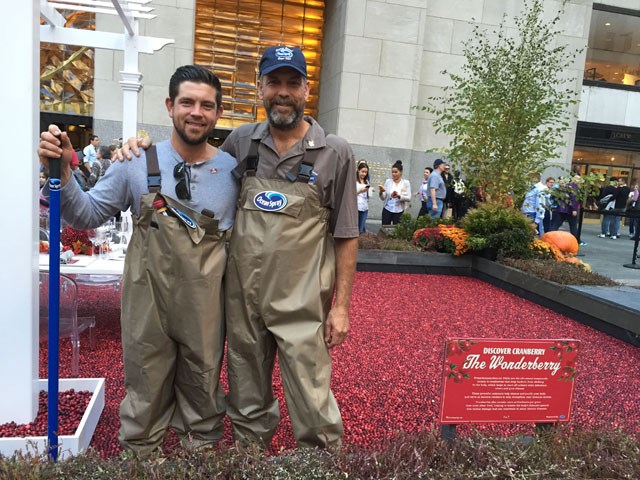Ahead of a review of housing bylaws on farmland, a recent ruling by the Agricultural Land Commission (ALC) highlights a past decision made by many Richmond city councillors that runs contrary to protecting farmland, according to the regulatory body.
The commission has overturned a decision by most councillors that would have allowed a well-known east Richmond farming family to realign/subdivide seven of its properties in order to create two additional residential lots.
In March, 2016, council voted 7-2 in favour of the proposal by Mayberry Farms Ltd., with councillors Carol Day and Harold Steves voting against it.
On Wednesday, Day said the commission’s decision was a “small win” for protecting farmland ahead of a critical review by council of housing regulations on protected agricultural land.
After council sent the application to the ALC, the South Coast Panel ruled on Feb. 27: “The subdivision of agricultural land for residential purposes does not preserve farmland for agricultural uses, nor does the [parceling] of agricultural land into small lots encourage farming; rather, the Panel finds that the creation of small lots within the ALR can restrict the feasibility of some types of agricultural operations.”
Day said the subdivision could have eventually allowed for two more large mansions to be built on the properties, because Richmond, currently, has few bylaws limiting how big a home can be on the Agricultural Land Reserve.
Applicant Randy May had applied for the subdivision to divide the estate amongst family members (family succession planning).
“The Panel acknowledges that inter-generational transfer and family succession planning can be challenging; however, the Panel notes that this can be achieved by means other than the subdivision of agricultural land,” concluded the ALC in its decision, which may be appealed by the applicant.
The News understands that the Panel is aware of Richmond’s bylaws that allow an ALR home’s square footage to be 60 per cent of the lot size — which has given rise to some 22,000-square-foot homes.
Day said she hopes council shows support to the ALC decision.
Council’s willingness to divide the properties meant foregoing the general policy of not facilitating more residential lots on farms and, instead, trusting the promise of one of Richmond’s longest-standing farming families, the May family, that the subdivision is necessary for farming purposes and the land will remain in the family.
“If we’re going to support farming, we need to support farmers,” said Mayor Malcolm Brodie, at the time.
Meanwhile, Coun. Bill McNulty criticized the city’s Agricultural Advisory Committee for opposing the proposal.
City staff had noted that nothing prohibits the residential lots from eventually being sold to a third party at a later date.
Yet, in December, 2016, it is for similar reasons that council unanimously denied realtor/farmer Dale Badh the opportunity to realign two of his properties on Westminster Highway.
Instead of one small lot and one large, 20-acre lot, Badh wanted two 10-acre lots.
City staff noted that this would allow for the building of two large mega mansions, instead of one. Badh insisted this was not the intention.
The Badh decision came after significant media attention to the problem of mega mansions on farmland. Last November, council directed staff to come up with solutions to the issue. Prior to this, from 2010 to 2015, the average house size on farmland in new applications rose about 50 per cent, from 8,557-square-feet to 12,583-square-feet.
The Ministry of Agriculture recommends farm houses no larger than 5,382-square-feet.
A public hearing is forthcoming on the matter.
The May family did not respond to News inquiries.



